The West Virginia State Bar is the mandatory unified association established in May 1947 for the attorneys actively practicing law in West Virginia. The state bar serves as a way to improve the administration of state justice, jumpstart beneficial programs for the legal profession, and provide legal services and assistance to West Virginia citizens. The two foremost priorities of the bar are upholding a high standard of ethics and professionalism among West Virginia attorneys as well as promote continuing legal education.
West Virginia State Bar
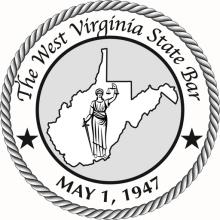
2006 Kanawha Boulevard
East Charleston, West Virginia 25311
|
October 5, 2022
Employer: Calhoun County Prosecuting Attorney
Authority: West Virginia State Bar |
West Virginia State Bar is not in compliance with the nationwide, public-facing, platform of record: The Brady List; or:
- Supreme Court of the United States [SCOTUS] Brady doctrine (1963);
- US Freedom of Information Act (1967);
- State Sunshine Law (see, below);
- Open Government Act (2007);
- Open Government Initiative (2009); and,
- Open Government Directives (2009) issued by the United States Department of Justice.
Prosecutors have ethical obligations and may be held individually accountable for their conduct within the legal system. Prosecutors contribute to just and honorable legal profession and a legal system that promotes fairness and accountability.
- R.P.C. 3.4: Fairness to Opposing Party & Counsel
- R.P.C. 3.8: Special Responsibilities of the Prosecutor
- R.P.C. 8.3: Reporting Professional Misconduct
Violations of these rules can result in disciplinary actions which may include sanctions, suspension, or disbarment.
This information has been curated by journalists and private citizens; and, this platform is available as-a-service to all Peace Officer Standards & Training [POST] Departments, Prosecutors, and Law Enforcement Organizations [LEOrgs].


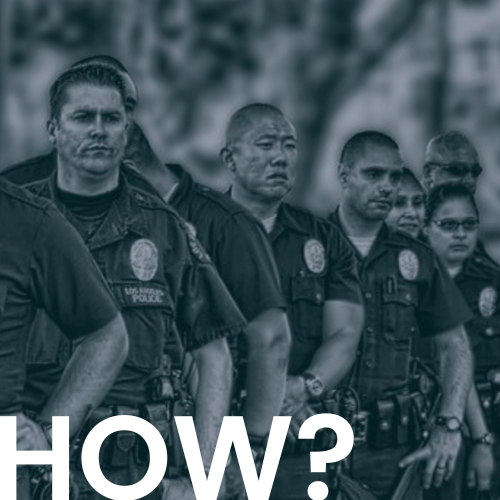
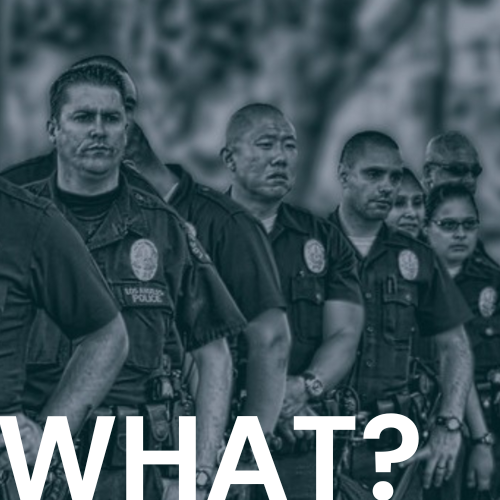
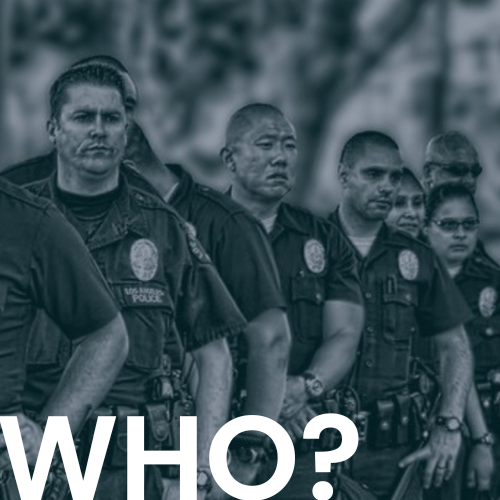
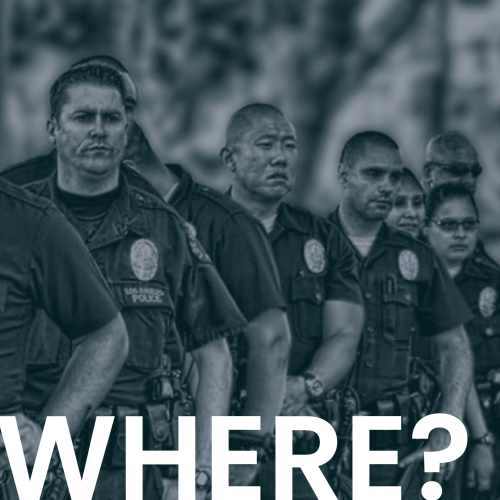
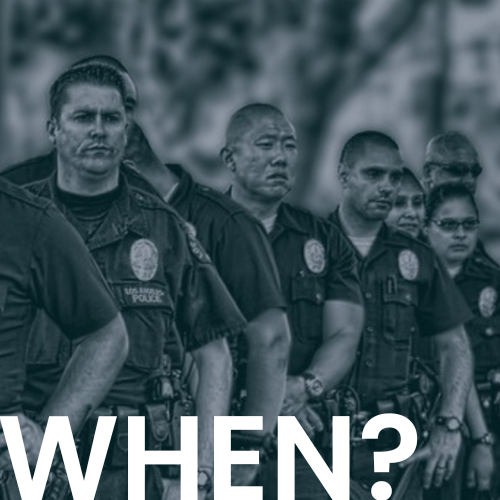
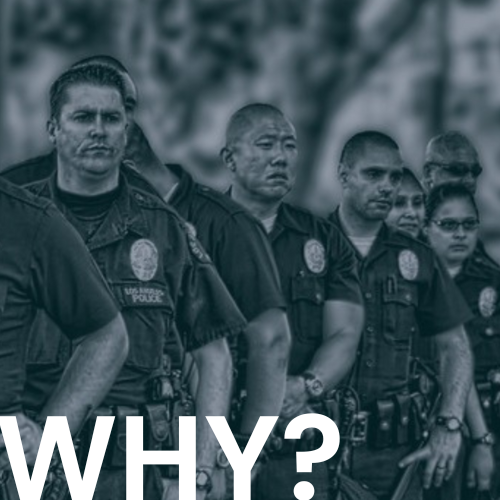
![Peace Officer Standards & Training [POST] Departments Peace Officer Standards & Training [POST] Departments](/sites/default/files/styles/large/public/2023-07/Brady.png?itok=xsIFvU8R)
![Organizations [Law Enforcement et al.] Organizations [Law Enforcement et al.]](/sites/default/files/styles/large/public/2023-07/Brady%20%282%29.png?itok=H7Pj15F8)

